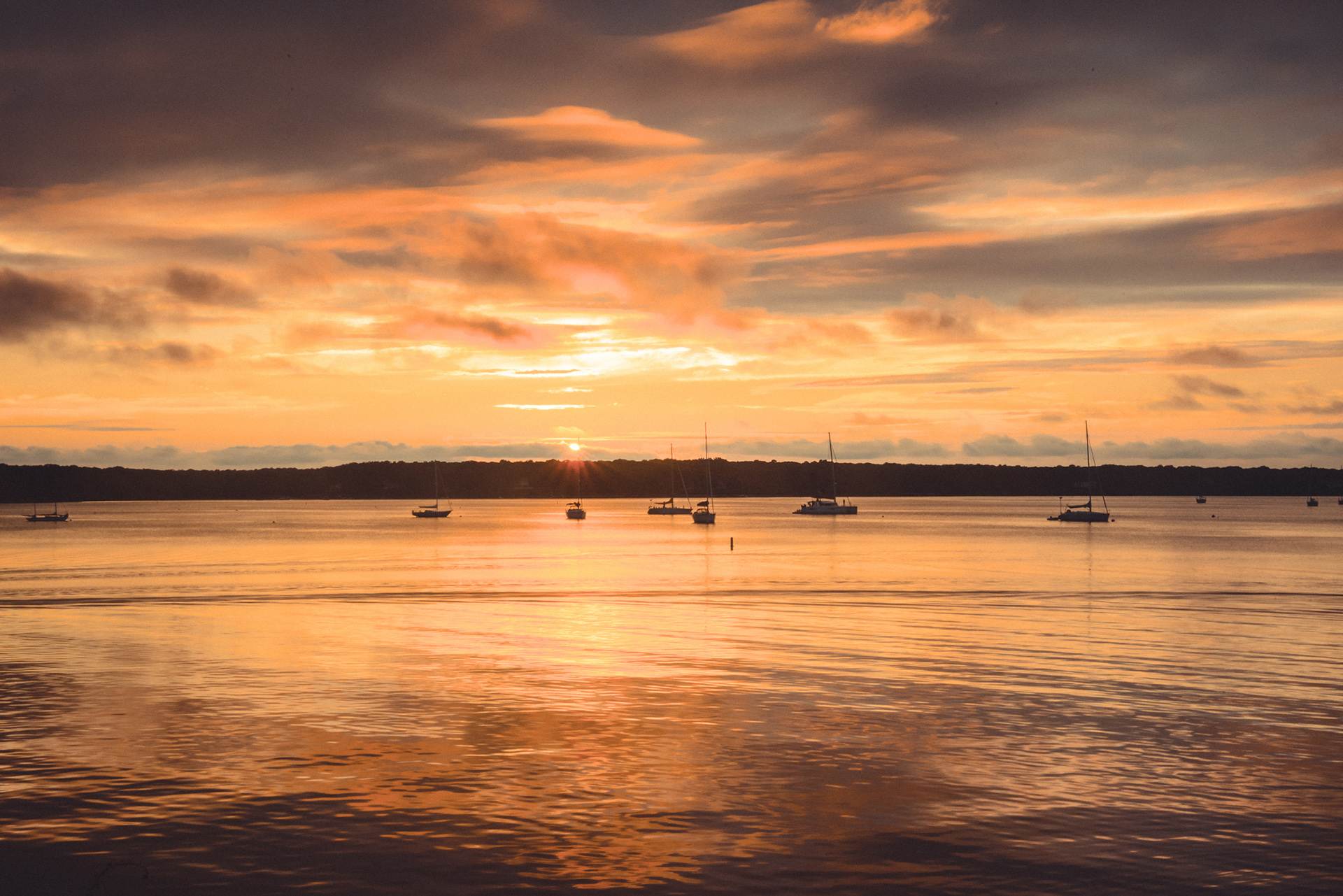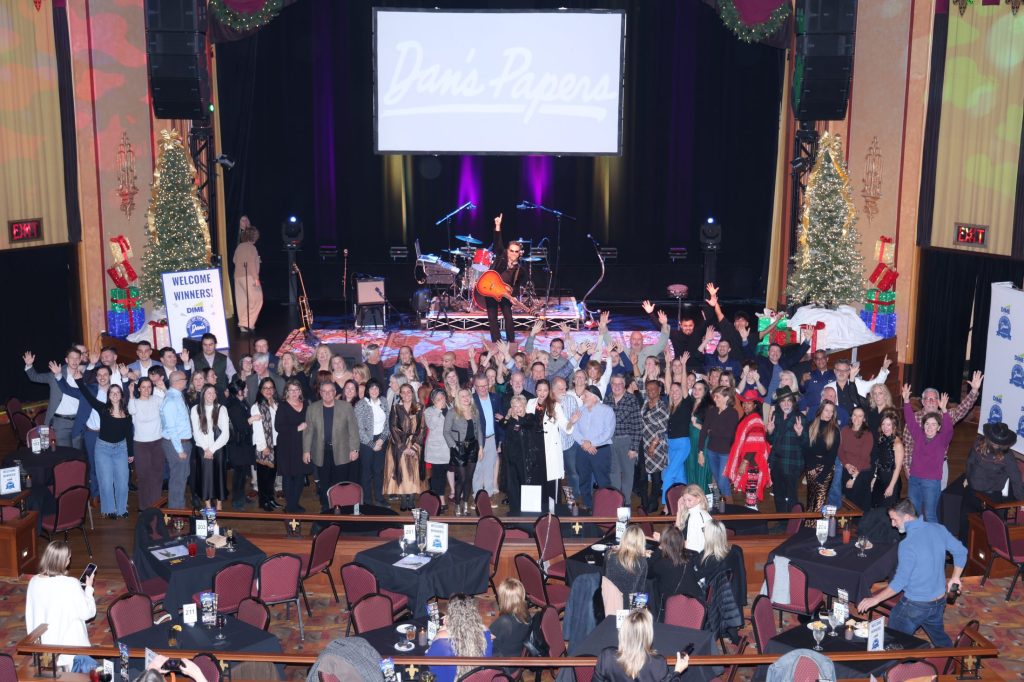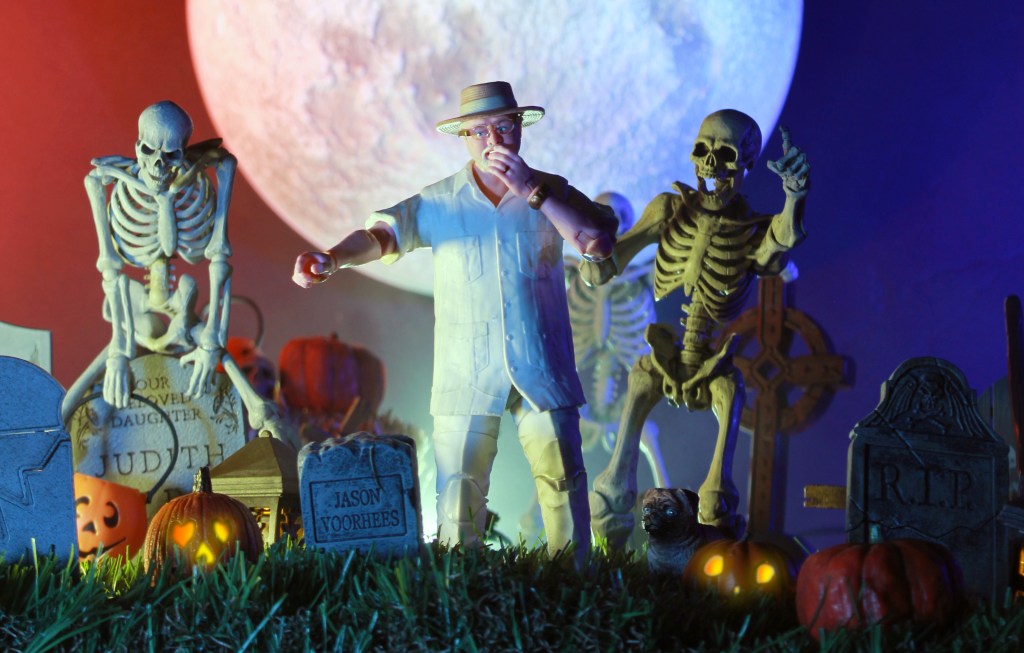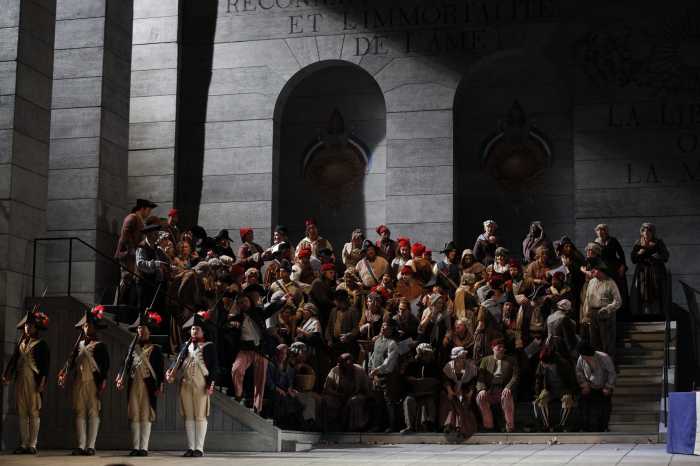The State Of Our Water

Summer’s upon us, and the landscapers are spreading the fertilizers and insecticides far and wide; the telltale algal blooms will soon be showing up in our bays and ponds; and beachgoers might find themselves put off by the amount of plastic, from bottles to bags and balloons, they see on the shoreline.
Welcome to the 21st Century and the growing awareness that our water, whether it be for drinking or habitat, is under assault from all angles. Fortunately, though, there is also a growing awareness that something needs to be done to stem the tide.
Those who want to learn about what they can do to help the cause as well as find out what broader solutions are being proposed are invited to attend The Independent’s Water Views Festival moderated by CNN’s Don Lemon on Sunday, June 2, at Guild Hall in East Hampton, starting at 10 AM.
The keynote speaker will be Cyrill Gutsch, a designer and entrepreneur and founder of Parley for the Oceans, which seeks to take on the threat the growing mountain of plastics being dumped in the oceans is having on both marine and human life.
Gutsch has partnered with a growing number of companies that have committed to eliminating the use of plastic altogether or using only materials that have been recycled from the debris in the ocean.
Edwina von Gal, a landscape designer and founder of the Perfect Earth Project, will address an issue that many may find closer to their own homes: the use of toxic pesticides and overuse of fertilizers on the typical American lawn and garden.
“Our perception of how property should look is stuck in the 1950s,” she said of the desire for green grass and lots of it. “And yet things change over time. We don’t expect people to show up dressed the way they in the ’50s and yet our landscapes are still in suits and girdles.”
She said she was spurred to begin the Perfect Earth Project after a visit to her dentist, who told her he lived near the water and was feeling guilty about the toxins he was applying to his lawn and garden. “I didn’t have any answers,” she said, “and since I was in the business, I felt it was my responsibility.”
Von Gal said she hoped to leave her listeners with the knowledge that landscaping chemicals are bad, that we don’t have to rely on them, and that embracing an organic approach will reduce your “eco-anxiety” and lead to a more satisfying relationship with your landscape.
Dr. Aly Cohen will also address issues close to home: the large number of toxins contained in personal care and home cleaning products. “The majority of them, 99.9 percent, have never been tested for safety,” she said.
She said she would focus her talk on the topic of drinking water in the United States and how many contaminants are affecting human health, the safety of well water versus municipal water, and filtration versus bottled water. Cohen said she would provide practical tips about how you can find toxic-free solutions for things like home cleaning.
“I want to be the happy person in the room,” she said. “I want to leave the audience feeling empowered, that they have a handle on this.”
Engineer Michael Ogden is the founder of Natural Systems International, which designs water infrastructure projects around the world that use natural methods to treat wastewater and stormwater.
A current project, he said, involves a 55,000-seat soccer stadium, where wastewater will be recycled to irrigate the field as well as provide the water supply for toilets and urinals. Another project seeks to use wastewater to help restore hardwood wetlands along the Mississippi River in Louisiana that have been deprived of nutrients since levees were built.
He said his talk would discuss the role of water in Long Island’s economic growth and development; the island’s unique geology and its role in providing drinking water; the impacts of increasing population on the aquifer, especially on the East End; the unintended side effects of civilization on water quality, from drug residue to synthetic fabrics; using natural systems to avoid pollution and clean water after use; and individual responsibility in the face of what may appear to be an overwhelming societal issue.
Beth Rattner, the executive director of the Biomimicry Institute, said her talk would focus on how nature can be used for inspiration in the design process. “It is no longer what we can learn about nature,” she said, “but what we can learn from it.”
Biomimicry “accelerates the kinds of breakthroughs we need to halve carbon emissions over the next decade,” she added. “Looking to nature also inspires new ways of farming, collecting, storing, or filtering water, or creating new ways to build homes.”
Her institute is helping develop a new type of entrepreneur who knows how to invent products that are both inspired by nature and supportive of human life.
The morning portion of the program will also include a water panel featuring Dorian Dale, the director of sustainability for Suffolk County; Dr. Christopher Gobler, the director of the New York State Center for Clean Water Technology; and Stuart Lowrie, the director of sustainable water, New York Division, for the Nature Conservancy.
An eco-expo with family-friendly activities and food tastings will follow from noon to 3 PM. The festival will include activations that are designed to be educational. Participating vendors include Flowers by Beth, Friends of Georgica Pond, The Nature Conservancy, Stony Brook Center for Clean Water Technology, Children’s Museum of the East End, Art Barge, The South Fork Natural History Museum, Global Ocean Exploration Inc, Perfect Earth Project, Air, Land and Sea, The Smart Human, Homeslice Pizza, and Surfrider Foundation.
The event is free, but space is limited. Reservations can be made by emailing waterviews@indyeastend.com.
For the winner of our Water Views student writing and art contest, see page B14.
sjkotz@indyeastend.com









